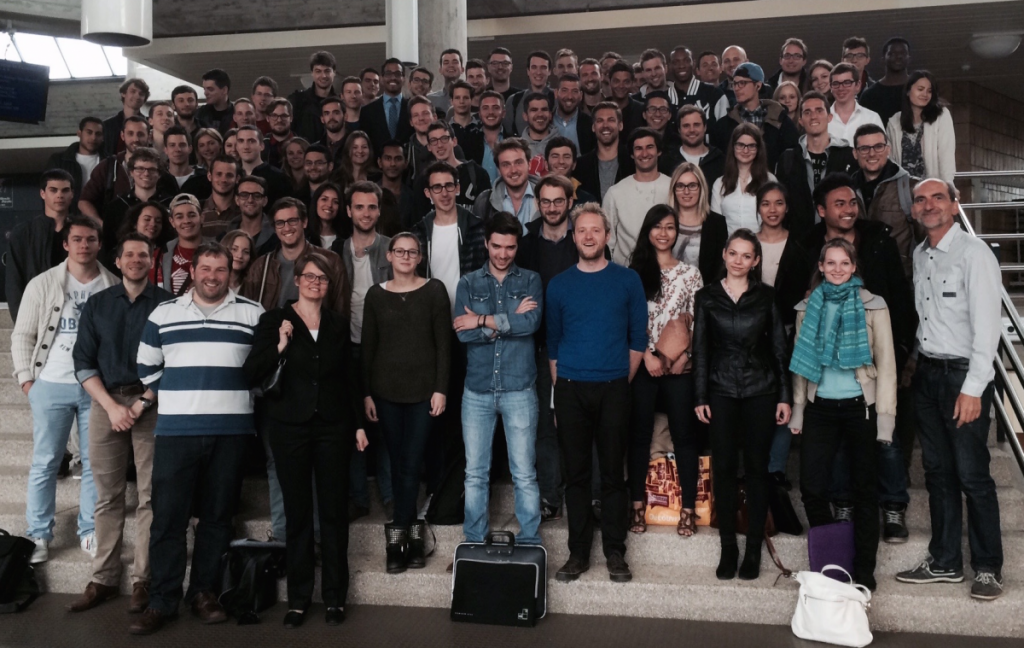We are proud to announce that the manuscript “Designing Business Models for cloud platforms” co-authored by Andrea Giessmann and Christine Legner has been published in the Information Systems Journal (ISJ). ISJ is one of the top IS management journals and part of the Senior Scholars’ Basket of Journals.
Abstract: Platform as a service (PaaS) has become a strategic option for software vendors who expect to benefit from value co-creation with partners by developing complementary components and applications. In reality, however, established and new software vendors are battling to redefine their offering to embrace PaaS. They face the challenges of transforming, configuring and calibrating their PaaS business models to align them with existing business models, customer expectations and competitive pressures. This motivates our research question: How can software providers design viable business models for PaaS? Our study develops a design theory for PaaS business models. This theory is grounded on a 12-month action design research study at one of the largest global software companies (here called Alpha) with mixed PaaS experiences in the past. Our primary research contribution is a set of design principles that guide software providers to define a viable PaaS business model in order to create a flourishing software ecosystem for their cloud platform. By synthesizing prescriptive knowledge related to business model design for emerging cloud platforms, our study advances PaaS research towards the existing body of research on software platforms and business models.
The full article is available here.
